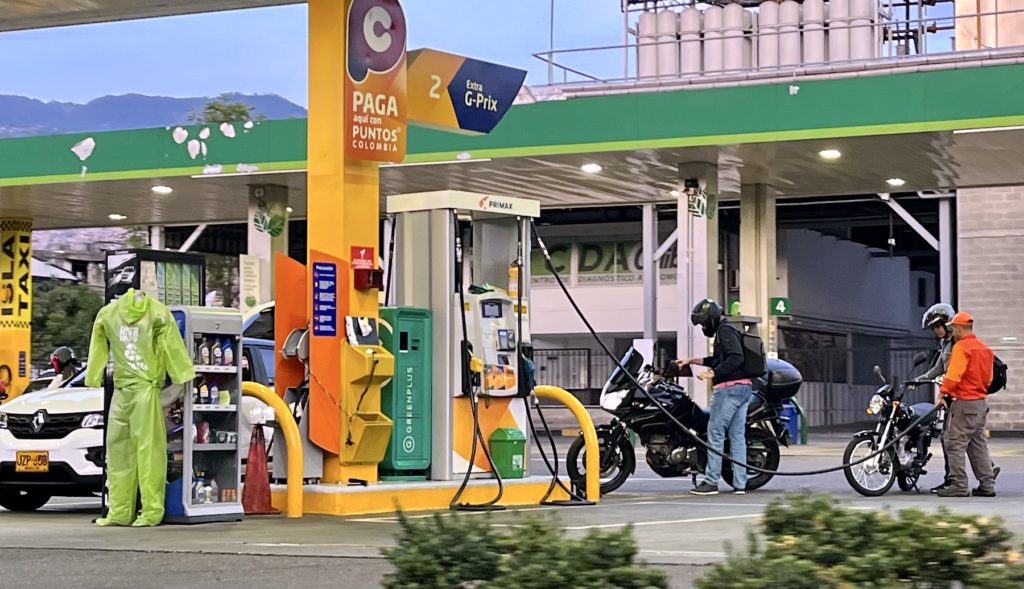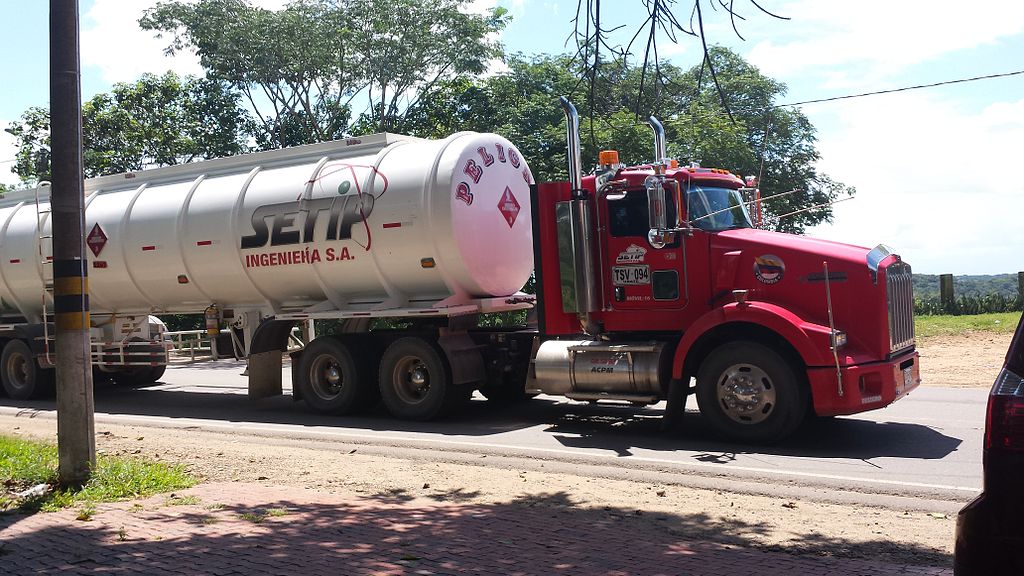
Fears have arisen over the imminent increase in the price of diesel in Colombia, which could exceed 50%, according to some predictions. As has happened in the last two years with gasoline, the government is now studying the possibility of no longer subsidizing the price of diesel, which would make the product substantially more expensive.
Currently, a gallon of diesel in Colombia ranges between 9,000 and 9,500 pesos. Without the subsidy, the value of that same gallon would go to prices between 14,000 and 16,500 pesos.
Although at the time the Minister of Finance, Ricardo Roa, said that an increase of between 2,000 and 3,000 pesos would be needed for 2024, if the same happens with gasoline and the state subsidy disappears completely, prices will continue to rise in 2025 until they reach international prices.
Carriers on war footing
In recent days, friction between transporters and the government has escalated. As each side accuses the other of not wanting to talk, they are working to secure a vital deal for the transport sector, which significantly influences food prices.
The Minister of Transportation, William Camargo, said yesterday that he found the alleged threats of a strike by the transporters “unfortunate,” while denouncing their apparent unwillingness to engage in dialogue.
“They keep pointing out that the cost of diesel affects the operation when that cost goes to the fare that all Colombians pay. Minister Bonilla (Treasury) has raised a conversation about this that is ongoing (…) We hope to arrive at a model that allows us to recover part of those resources to take them to other investments and that, in the end, that value is transferred to the cost of the tariff paid by each user,” said Camargo concerning the government’s willingness to eliminate the fuel subsidy.
Alfonso Medrano, president of the Inter-Union Chamber of Transportation (Unidos), challenged statements from the finance and transportation ministers. He emphasized that his group is ready to negotiate with the government.
“At no time have we suspended the dialogue, that is our interest: to reach an agreement. We have not been summoned on the most recent Wednesdays (to join meetings). It is not true that a strike is being threatened. I think we should continue with our technical dialogue to reformulate the price of diesel,” said Medrano.
Eliminate fuel subsidies
Since August 2022, when the Colombian government took office, it has announced its intention to eliminate the subsidy on fuels, gasoline, and diesel, which for some years has allowed the prices of these fuels to remain substantially below the international value.
According to the government, with the price increases in recent years, the cost of this subsidy for the public coffers has become unaffordable. The Colombian president, Gustavo Petro, spoke at the end of 2022 about his cabinet’s decision to use these resources for other needs covered by the state as part of the social reforms undertaken by the government.
In this way, a schedule was established to progressively eliminate the gasoline subsidy. The decision caused controversy, and the state reached an agreement with the cab drivers to create a special price for this fuel for them. However, nothing was said about diesel, although everyone knew that it would follow the same path as gasoline.
Today, the government is determined to begin the progressive abandonment of this subsidy. For now, the Finance Minister is talking about a maximum increase of 3,000 pesos for this year, but to reach the international value, diesel will have to continue to increase in price in 2025.
Effects on inflation
Initially, the subsidy was also created to control its effects on inflation in Colombia. As a producer country, self-sufficiency in gasoline and diesel consumption made the option of partially subsidizing fuels viable. However, in times of low international prices, the measure was satisfactory, but when the price increase is significant, the state’s effort is difficult to sustain over time.
With the increase in gasoline prices in the last two years, the effect on inflation was noticeable. This is especially so in a decrease that, without these increases, would have been greater on the Colombian CPI.
Now, when inflation seems to be taking a breather and price normalization is on track, some sectors fear that an increase in diesel prices could slow down the projected decline in prices. The government’s announced target is for the CPI in 2024 to be around 5% in December.

See all the latest news from Colombia and the world at ColombiaOne.com. Contact our newsroom to report an update or send your story, photos and videos. Follow Colombia One on Google News, Facebook, Instagram, and subscribe here to our newsletter.

